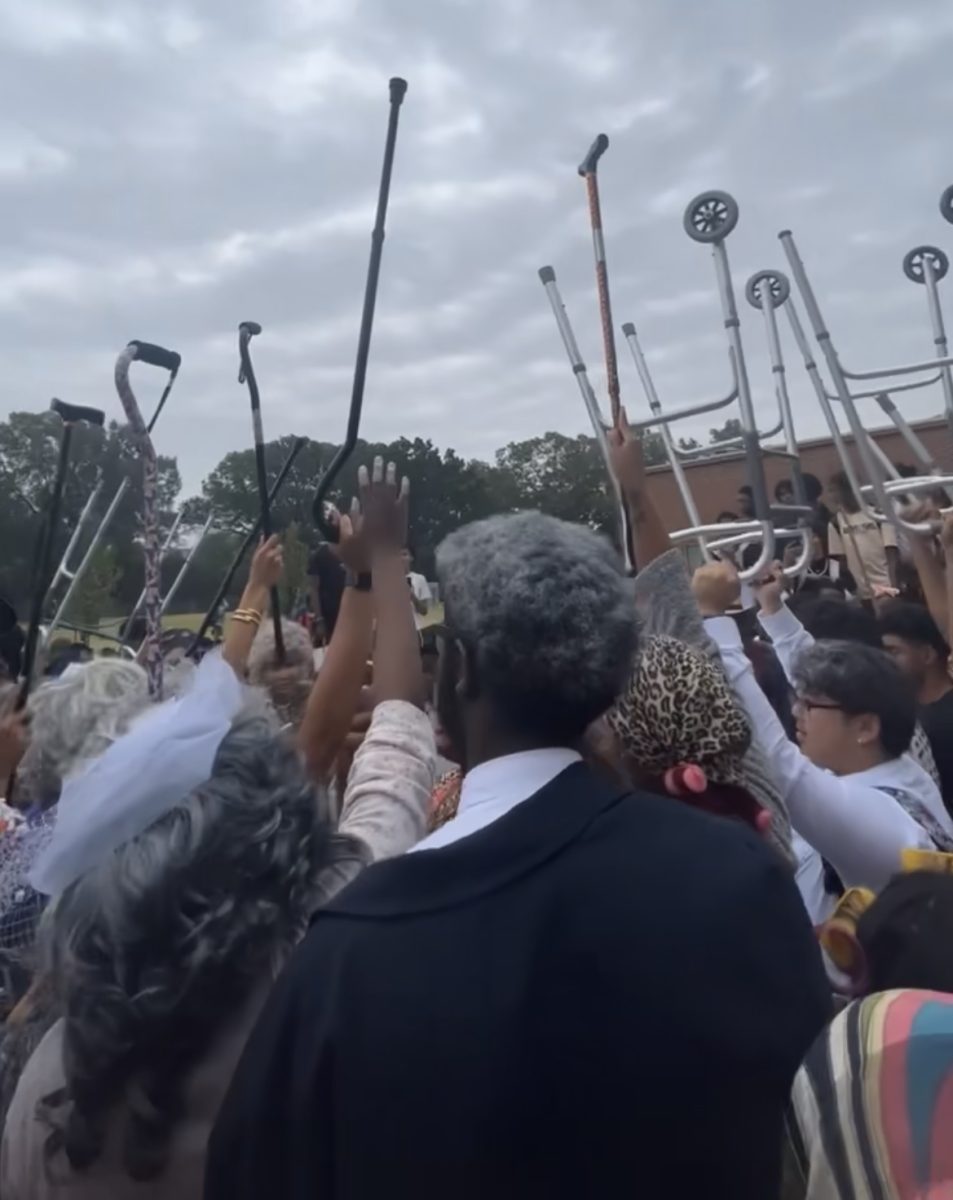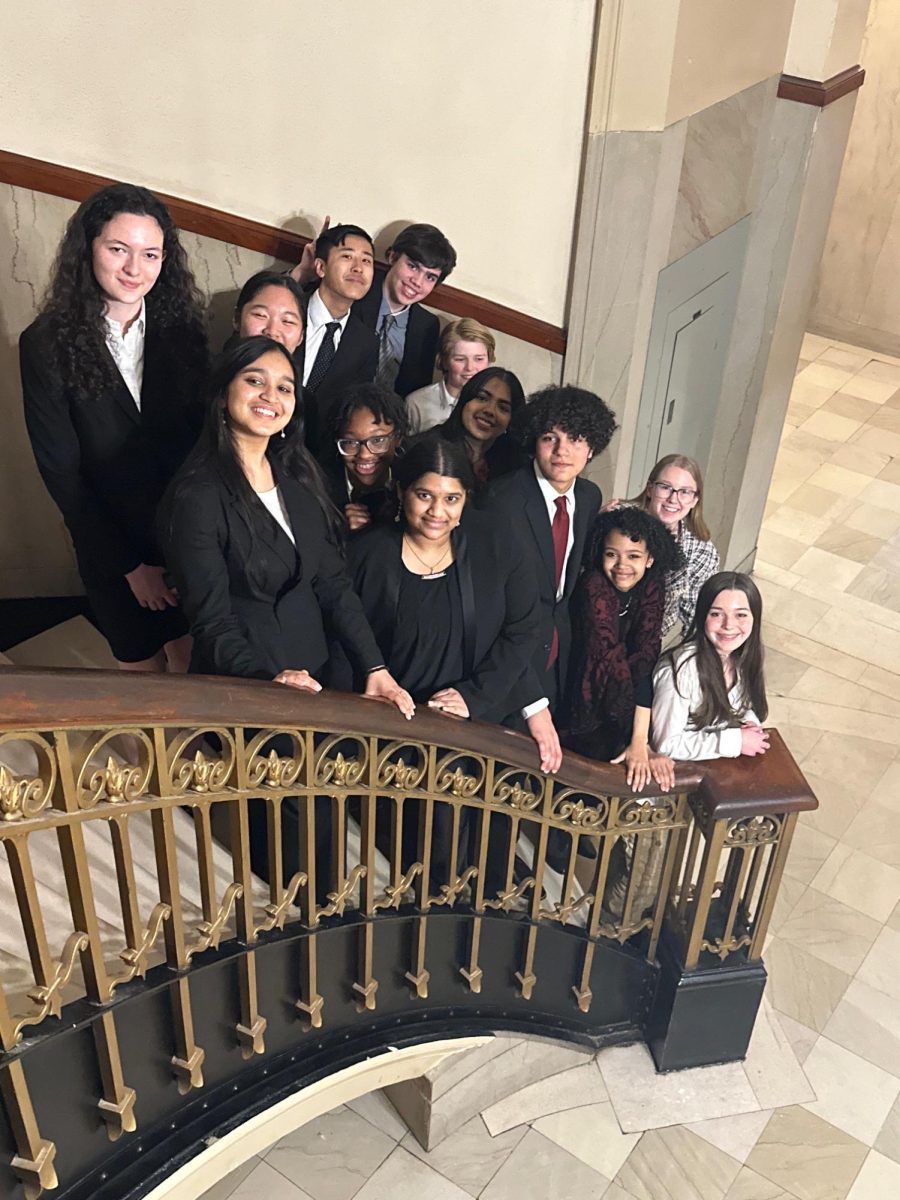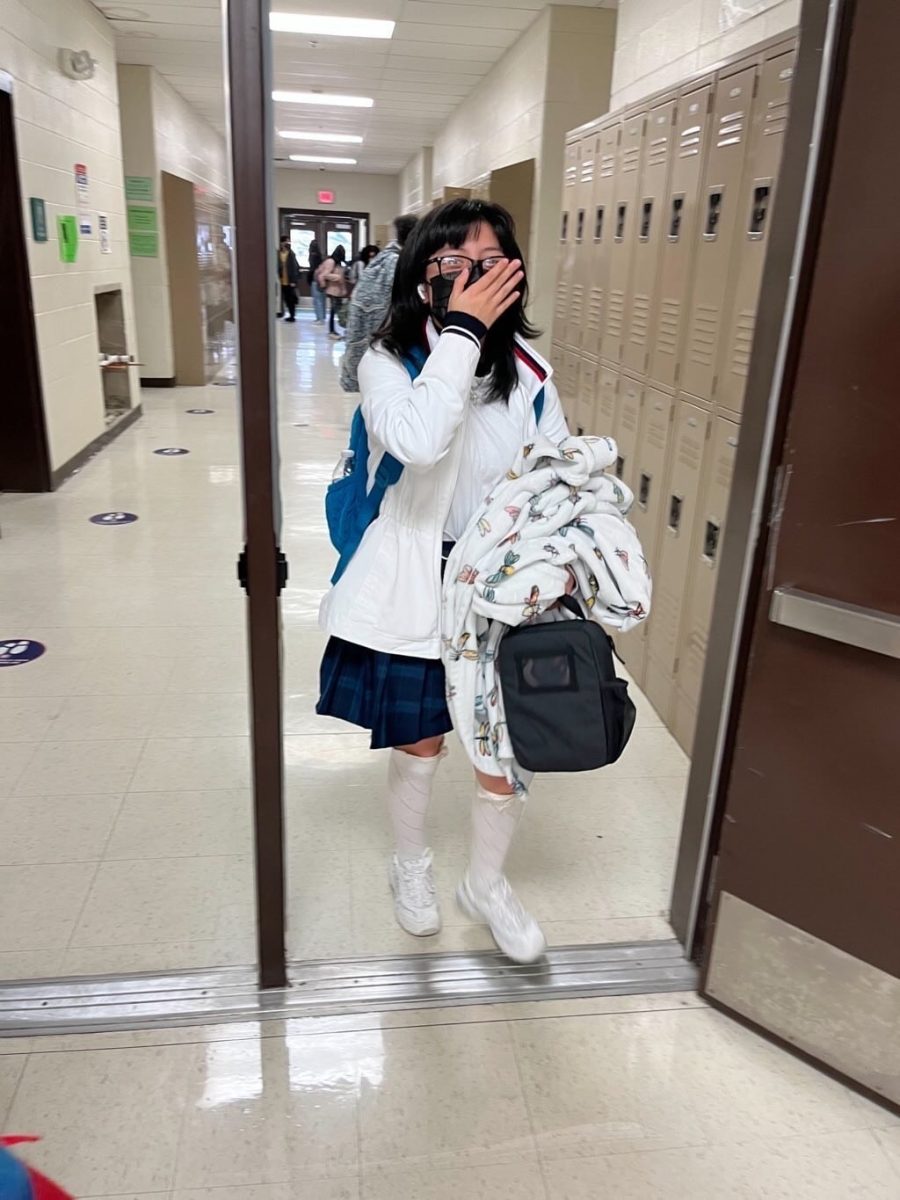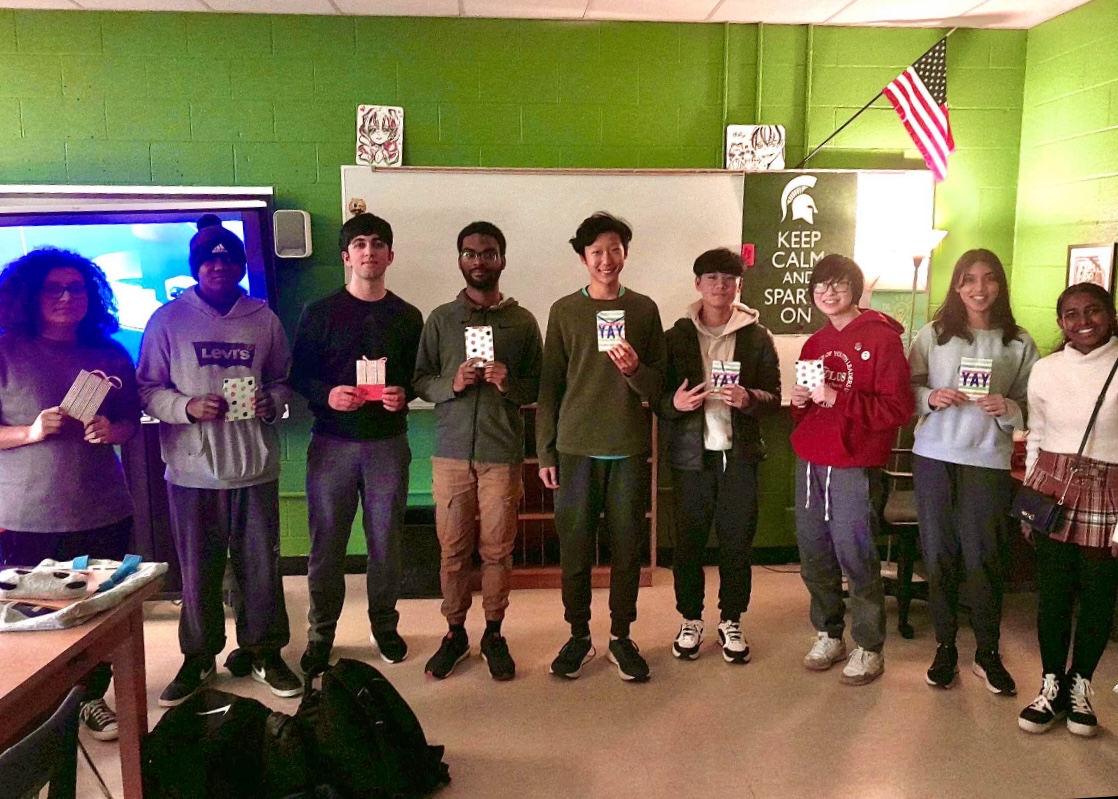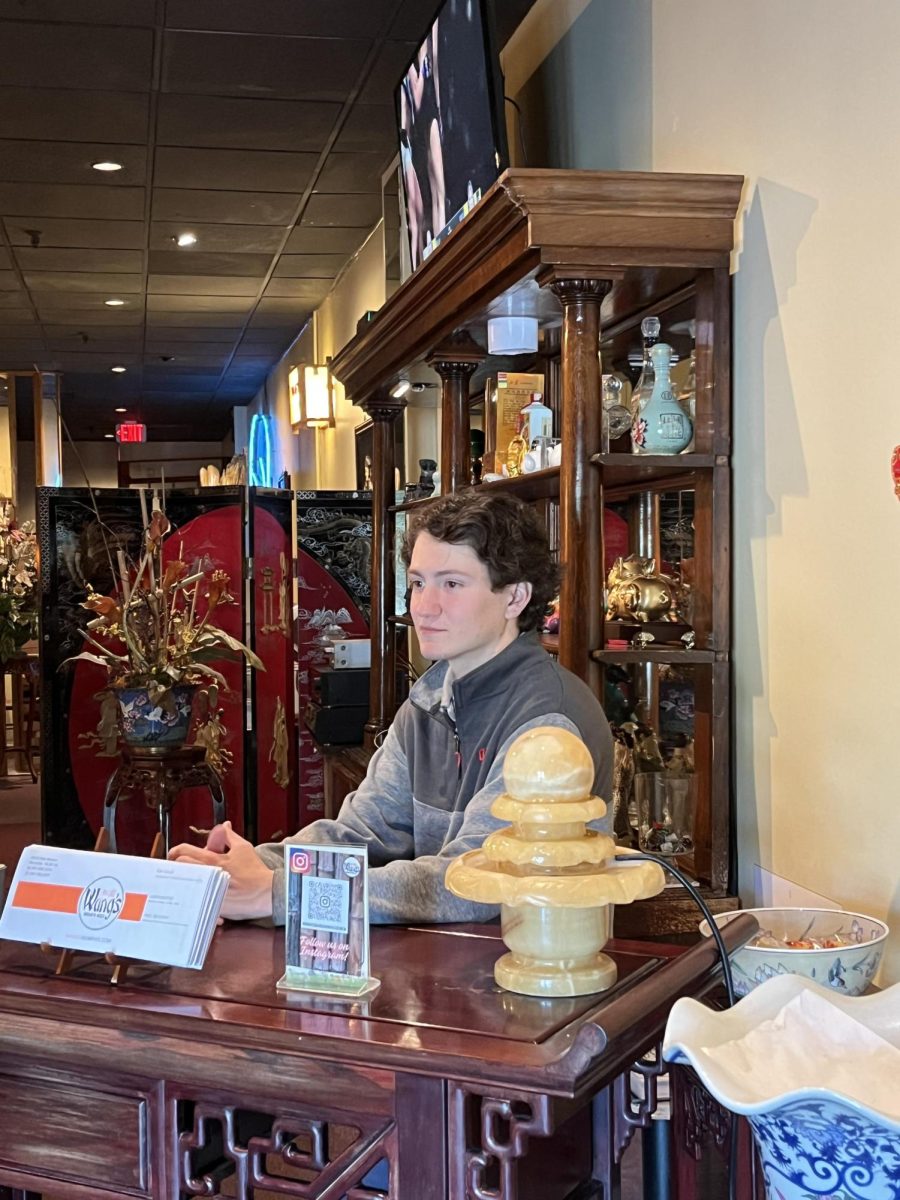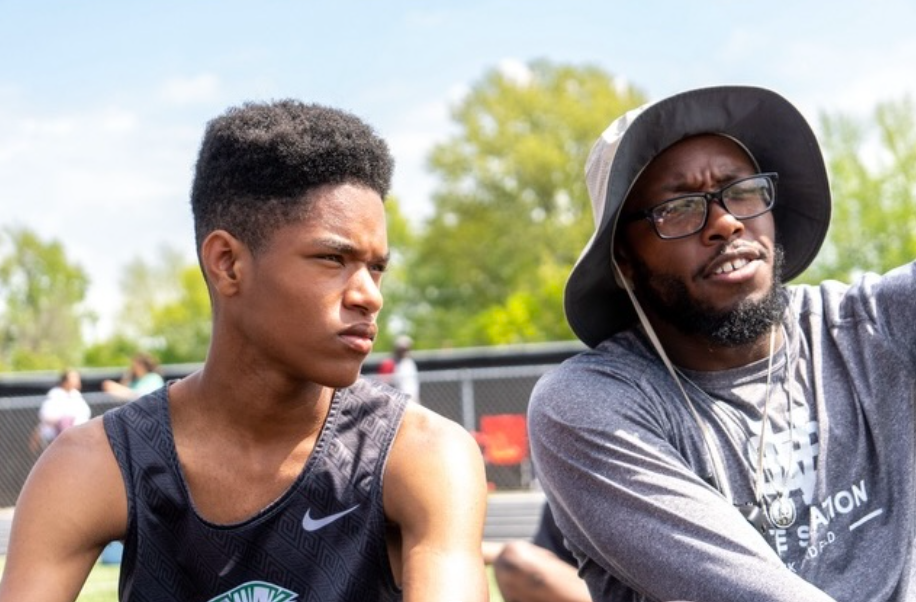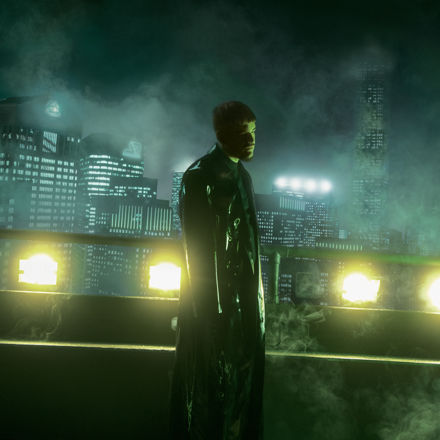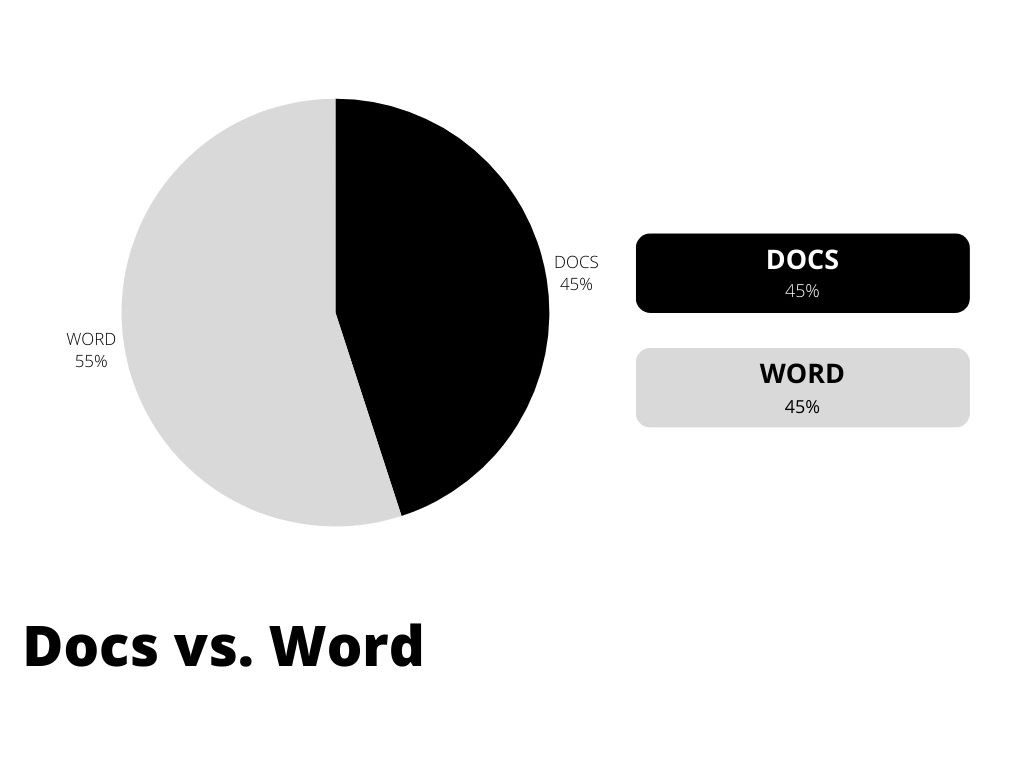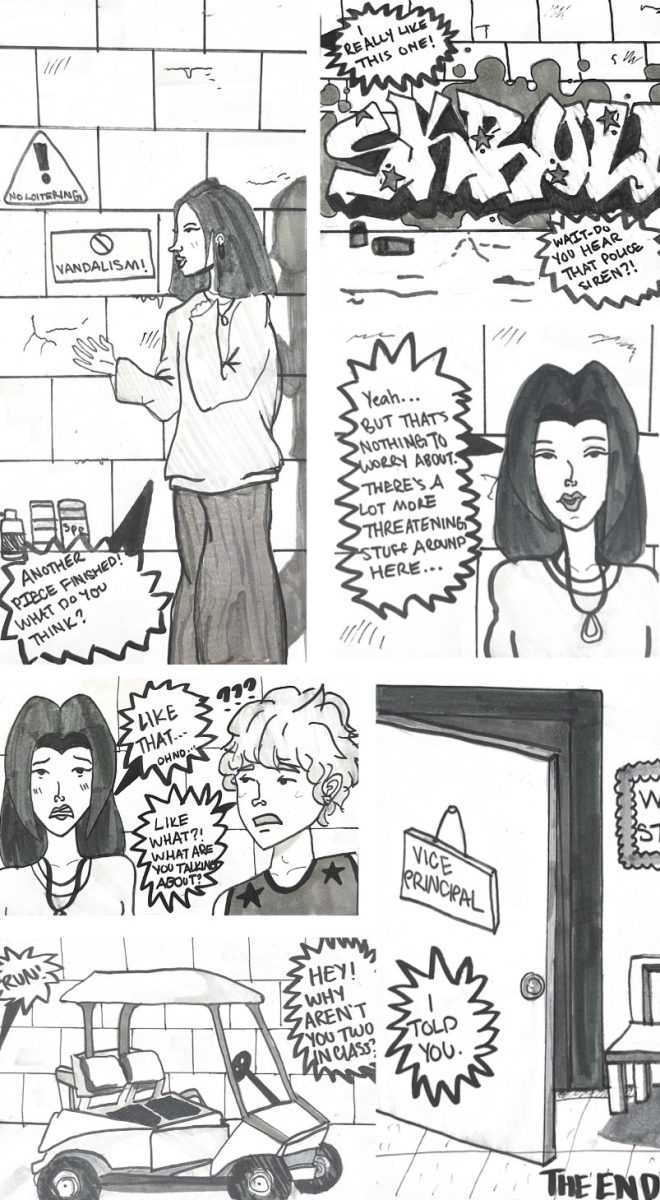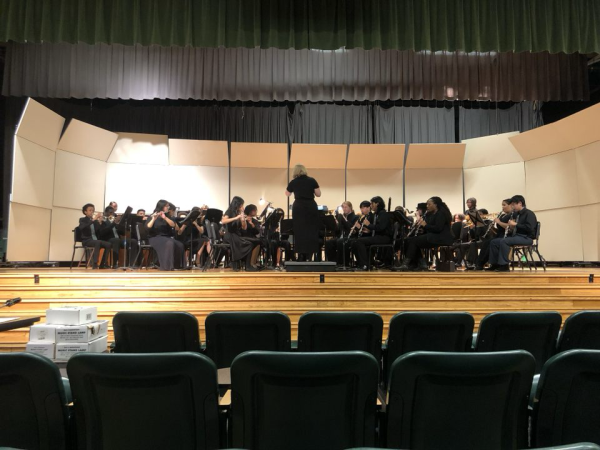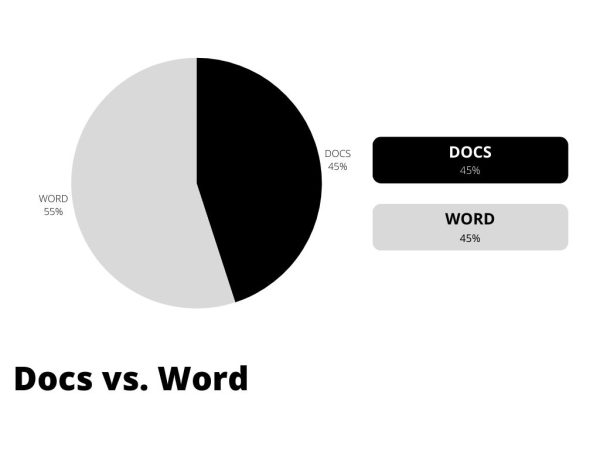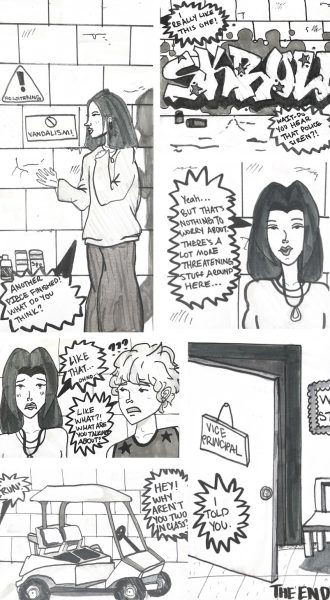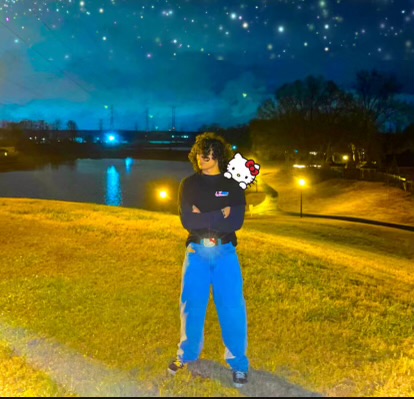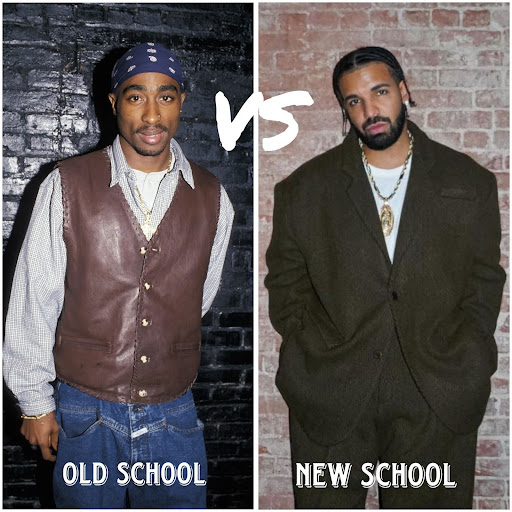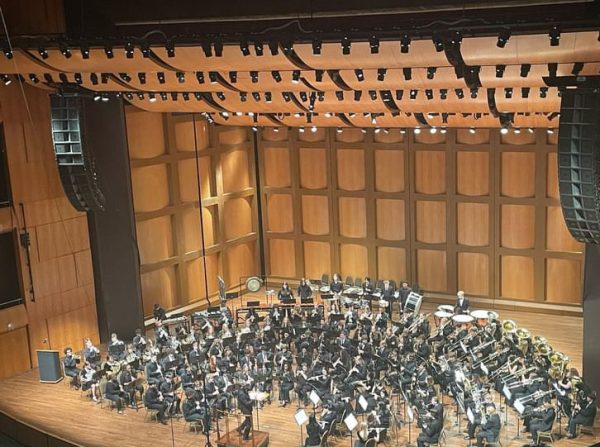#OscarsSoWhite

On January 14, nominees for the 88th Annual Academy Awards were announced. Quickly after the announcement, an uproar rang through the public. For the second year in a row, every single acting nominee is white.
Movies that featured Black actors such as “Creed,” “Beasts of No Nation” and “Straight Outta Compton” were noticeably absent in the best picture category. This absence of Black nominees led to the #OscarSoWhite movement on Twitter and a boycott by many Black actors like Jada Pinkett Smith and directors like Spike Lee. These outcries have forced Hollywood and the Academy to look closely at the problems surrounding the awards show.
For many, this controversy hits close to home. Sheena Abdur-Rasheed (10) is an aspiring screenwriter and hopes to produce her films professionally. She is completely behind the boycotts.
“It’s angering to think that my skin color would play a factor in me not being recognized for the work I do,” Abdur-Rasheed said.
For those in the industry, the lack of diversity in the Academy says a lot about the state of racism in the country. 94 percent of those on the Academy are White and 77 percent are male. The problem goes much deeper according to Justin Hill (11).
“When you only have White people voting, they’re going to vote for White people. Plain and simple,” Hill said.
The Academy did release a statement regarding the problem and their plans to fix the situation in the future.
“While we celebrate [the nominees] extraordinary achievements, I am both heartbroken and frustrated about the lack of inclusion,” Academy President, Cheryl Boone Isaacs said. “This is a difficult but important conversation, and it’s time for big changes. The Academy is taking dramatic steps to alter the makeup of our membership. In the coming days and weeks we will conduct a review of our membership recruitment in order to bring about much-needed diversity in our 2016 class and beyond.”
For many, however, the problem goes far beyond Hollywood. The Oscars represent the state of the country as much as they represents the state of the industry. Even President Obama spoke out, saying that the problem also stems from a lack of opportunities extended to Black actors. Many students, including Abdur-Rasheed, have shared this sentiment.
“The issues with Hollywood aren’t just with Hollywood. That mentality is throughout the entire country. Before it can change there, it has to change in all of us,” Abdur-Rasheed said.
Your donation will support the student journalists of White Station High School. Your contribution will allow us to purchase equipment and cover our annual website hosting costs.
